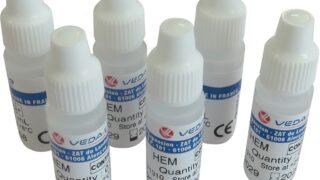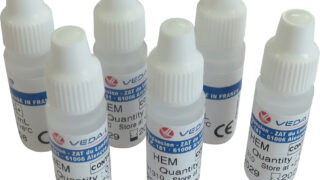Categories
Category: Qualitative Controls
Qualitative Controls
In in vitro diagnostics, quality controls are samples or materials with known characteristics that are used to assess the accuracy and precision of diagnostic tests and instruments. They help ensure that the tests are performing correctly and provide reliable results. Quality controls can include positive and negative controls to verify that a test can detect the target analyte and not produce false positives or negatives. They are an essential part of maintaining the quality and reliability of diagnostic testing in clinical laboratories.
In summary, positive controls confirm that the test can accurately detect the target analyte, while negative controls verify that the test does not produce false results due to interference or contamination. Together, these controls play a critical role in assuring the accuracy and reliability of diagnostic tests, helping healthcare professionals make informed decisions about patient care.
Showing 1–24 of 54 results
-
Qualitative Controls
Tuberculosis Negative Control
Price requestNegative controls are crucial in quality control as they confirm that a diagnostic test is not producing false positives. By using a sample known to be negative, it helps identify any issues that could lead to inaccurate results, ensuring the reliability and specificity of the diagnostic process.
-
Qualitative Controls
TSH Negative Control
Price requestNegative controls are crucial in quality control as they confirm that a diagnostic test is not producing false positives. By using a sample known to be negative, it helps identify any issues that could lead to inaccurate results, ensuring the reliability and specificity of the diagnostic process.
-
Qualitative Controls
Troponin I (S/P) Negative Control
Price requestNegative controls are crucial in quality control as they confirm that a diagnostic test is not producing false positives. By using a sample known to be negative, it helps identify any issues that could lead to inaccurate results, ensuring the reliability and specificity of the diagnostic process.
-
Qualitative Controls
Troponin I (WB) Negative Control
Price requestNegative controls are crucial in quality control as they confirm that a diagnostic test is not producing false positives. By using a sample known to be negative, it helps identify any issues that could lead to inaccurate results, ensuring the reliability and specificity of the diagnostic process.
-
Qualitative Controls
Tetanos Negative Control
Price requestNegative controls are crucial in quality control as they confirm that a diagnostic test is not producing false positives. By using a sample known to be negative, it helps identify any issues that could lead to inaccurate results, ensuring the reliability and specificity of the diagnostic process.
-
Qualitative Controls
Syphilis Negative Control
Price requestNegative controls are crucial in quality control as they confirm that a diagnostic test is not producing false positives. By using a sample known to be negative, it helps identify any issues that could lead to inaccurate results, ensuring the reliability and specificity of the diagnostic process.
-
Qualitative Controls
Strep A Negative Control
Price requestNegative controls are crucial in quality control as they confirm that a diagnostic test is not producing false positives. By using a sample known to be negative, it helps identify any issues that could lead to inaccurate results, ensuring the reliability and specificity of the diagnostic process.
-
Qualitative Controls
S. Pneumo Negative Control
Price requestNegative controls are crucial in quality control as they confirm that a diagnostic test is not producing false positives. By using a sample known to be negative, it helps identify any issues that could lead to inaccurate results, ensuring the reliability and specificity of the diagnostic process.
-
Qualitative Controls
RSV Negative Control
Price requestNegative controls are crucial in quality control as they confirm that a diagnostic test is not producing false positives. By using a sample known to be negative, it helps identify any issues that could lead to inaccurate results, ensuring the reliability and specificity of the diagnostic process.
-
Qualitative Controls
Rotavirus Negative Control
Price requestNegative controls are crucial in quality control as they confirm that a diagnostic test is not producing false positives. By using a sample known to be negative, it helps identify any issues that could lead to inaccurate results, ensuring the reliability and specificity of the diagnostic process.
-
Qualitative Controls
Microalbumin Negative Control
Price requestNegative controls are crucial in quality control as they confirm that a diagnostic test is not producing false positives. By using a sample known to be negative, it helps identify any issues that could lead to inaccurate results, ensuring the reliability and specificity of the diagnostic process.
-
Qualitative Controls
Legionella Negative Control
Price requestNegative controls are crucial in quality control as they confirm that a diagnostic test is not producing false positives. By using a sample known to be negative, it helps identify any issues that could lead to inaccurate results, ensuring the reliability and specificity of the diagnostic process.
-
Qualitative Controls
Influenza A/B Negative Control
Price requestNegative controls are crucial in quality control as they confirm that a diagnostic test is not producing false positives. By using a sample known to be negative, it helps identify any issues that could lead to inaccurate results, ensuring the reliability and specificity of the diagnostic process.
-
Qualitative Controls
Mononucleosis Negative Control
Price requestNegative controls are crucial in quality control as they confirm that a diagnostic test is not producing false positives. By using a sample known to be negative, it helps identify any issues that could lead to inaccurate results, ensuring the reliability and specificity of the diagnostic process.
-
Qualitative Controls
IgE Negative Control
Price requestNegative controls are crucial in quality control as they confirm that a diagnostic test is not producing false positives. By using a sample known to be negative, it helps identify any issues that could lead to inaccurate results, ensuring the reliability and specificity of the diagnostic process.
-
Qualitative Controls
H. Pylori Antibody Negative Control
Price requestNegative controls are crucial in quality control as they confirm that a diagnostic test is not producing false positives. By using a sample known to be negative, it helps identify any issues that could lead to inaccurate results, ensuring the reliability and specificity of the diagnostic process.
-
Qualitative Controls
FOB Negative Control
Price requestNegative controls are crucial in quality control as they confirm that a diagnostic test is not producing false positives. By using a sample known to be negative, it helps identify any issues that could lead to inaccurate results, ensuring the reliability and specificity of the diagnostic process.
-
Qualitative Controls
hCG Negative Control
Price requestNegative controls are crucial in quality control as they confirm that a diagnostic test is not producing false positives. By using a sample known to be negative, it helps identify any issues that could lead to inaccurate results, ensuring the reliability and specificity of the diagnostic process.
-
Qualitative Controls
D-Dimer Negative Control
Price requestNegative controls are crucial in quality control as they confirm that a diagnostic test is not producing false positives. By using a sample known to be negative, it helps identify any issues that could lead to inaccurate results, ensuring the reliability and specificity of the diagnostic process.
-
Qualitative Controls
HS-CRP Negative Control
Price requestNegative controls are crucial in quality control as they confirm that a diagnostic test is not producing false positives. By using a sample known to be negative, it helps identify any issues that could lead to inaccurate results, ensuring the reliability and specificity of the diagnostic process.
-
Qualitative Controls
CRP Negative Control
Price requestNegative controls are crucial in quality control as they confirm that a diagnostic test is not producing false positives. By using a sample known to be negative, it helps identify any issues that could lead to inaccurate results, ensuring the reliability and specificity of the diagnostic process.
-
Qualitative Controls
Chlamydia Negative Control
Price requestNegative controls are crucial in quality control as they confirm that a diagnostic test is not producing false positives. By using a sample known to be negative, it helps identify any issues that could lead to inaccurate results, ensuring the reliability and specificity of the diagnostic process.
-
Qualitative Controls
Calprotectin Negative Control
Price requestNegative controls are crucial in quality control as they confirm that a diagnostic test is not producing false positives. By using a sample known to be negative, it helps identify any issues that could lead to inaccurate results, ensuring the reliability and specificity of the diagnostic process.
-
Qualitative Controls
C.d. TOXIN A+B+GDH Negative Control
Price requestNegative controls are crucial in quality control as they confirm that a diagnostic test is not producing false positives. By using a sample known to be negative, it helps identify any issues that could lead to inaccurate results, ensuring the reliability and specificity of the diagnostic process.

 Drug Test
Drug Test Heart Markers
Heart Markers Hormone Tests
Hormone Tests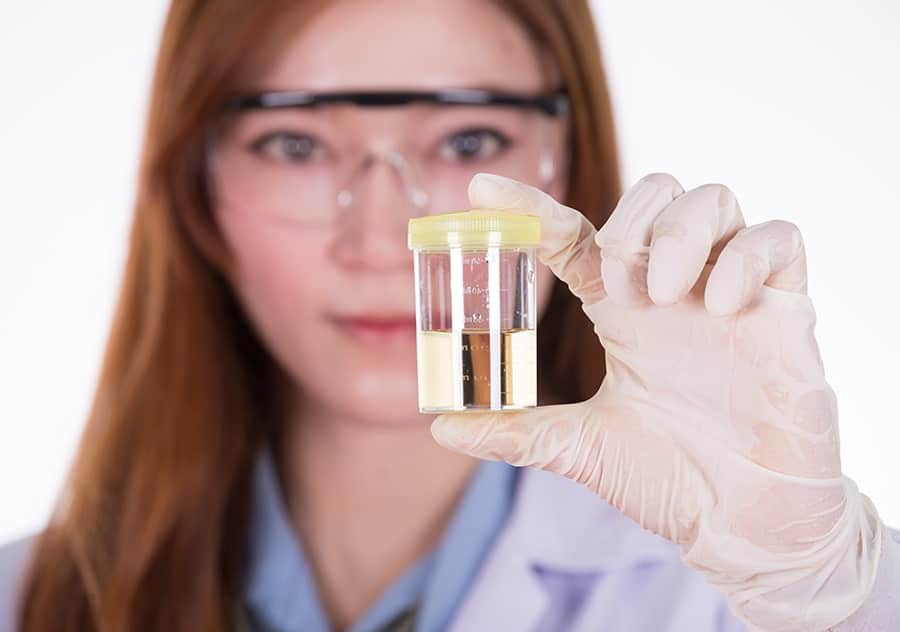 Medical Tests
Medical Tests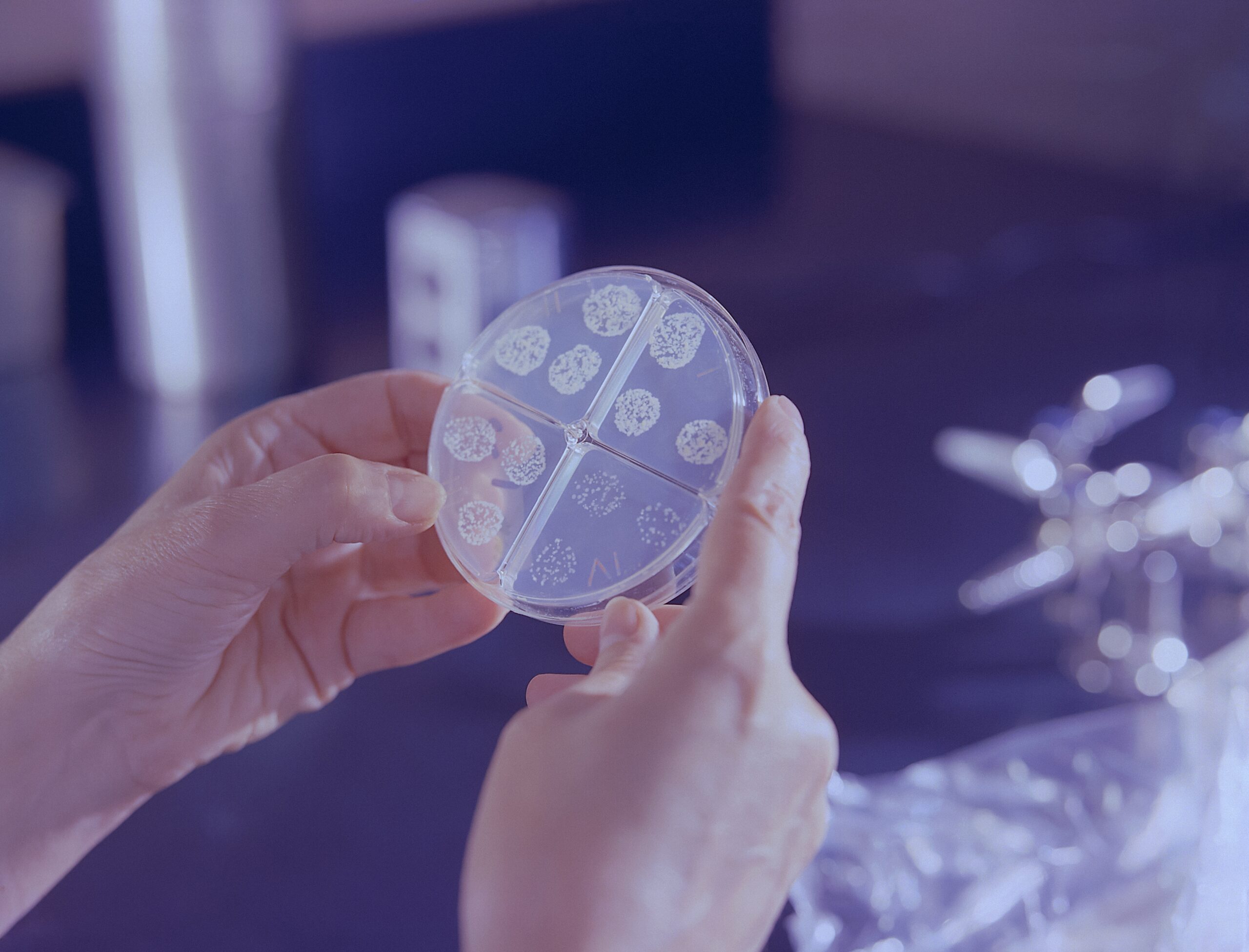 Microbiology
Microbiology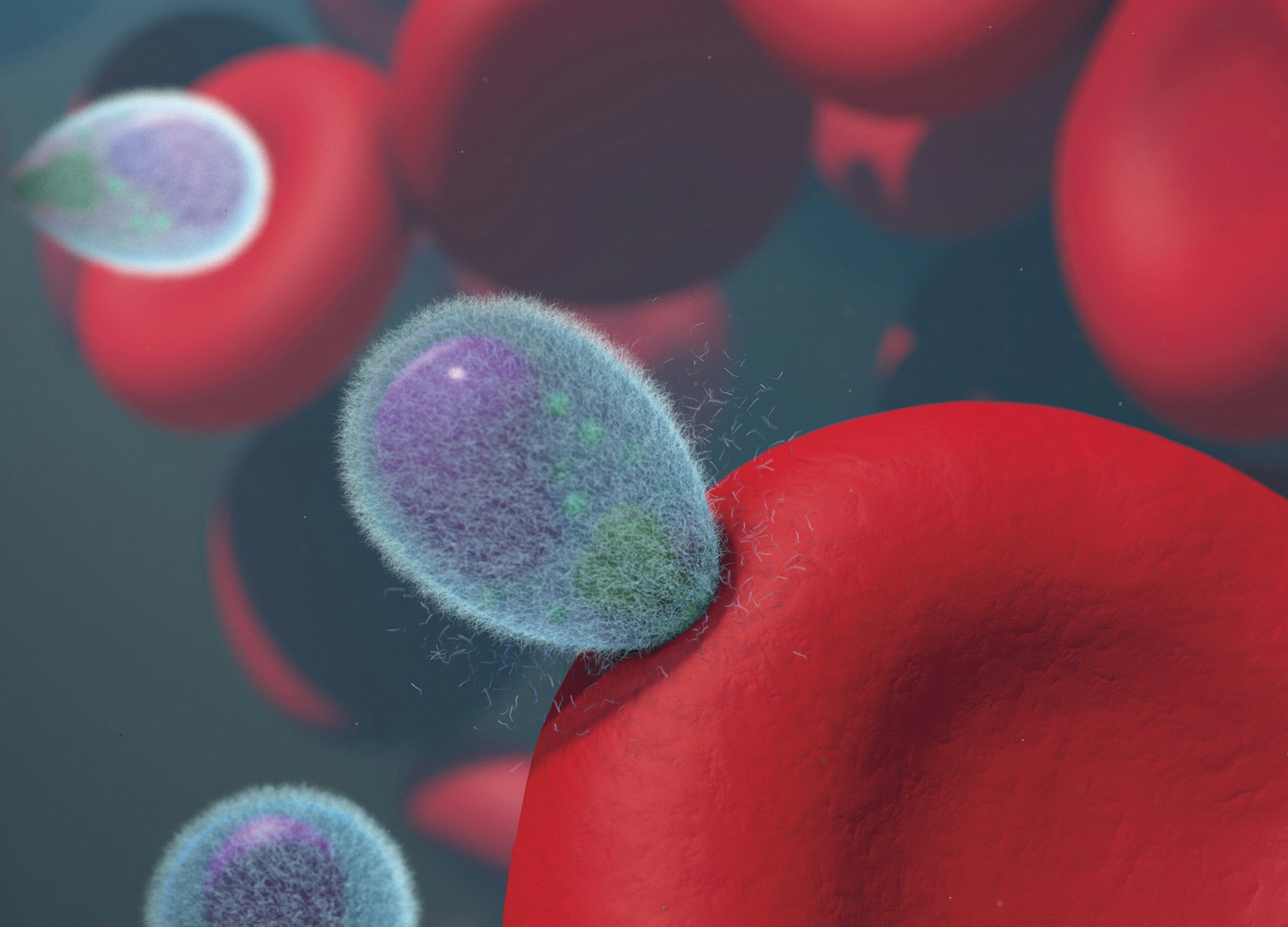 Parasite Infection
Parasite Infection Proteins and Inflammatory Markers
Proteins and Inflammatory Markers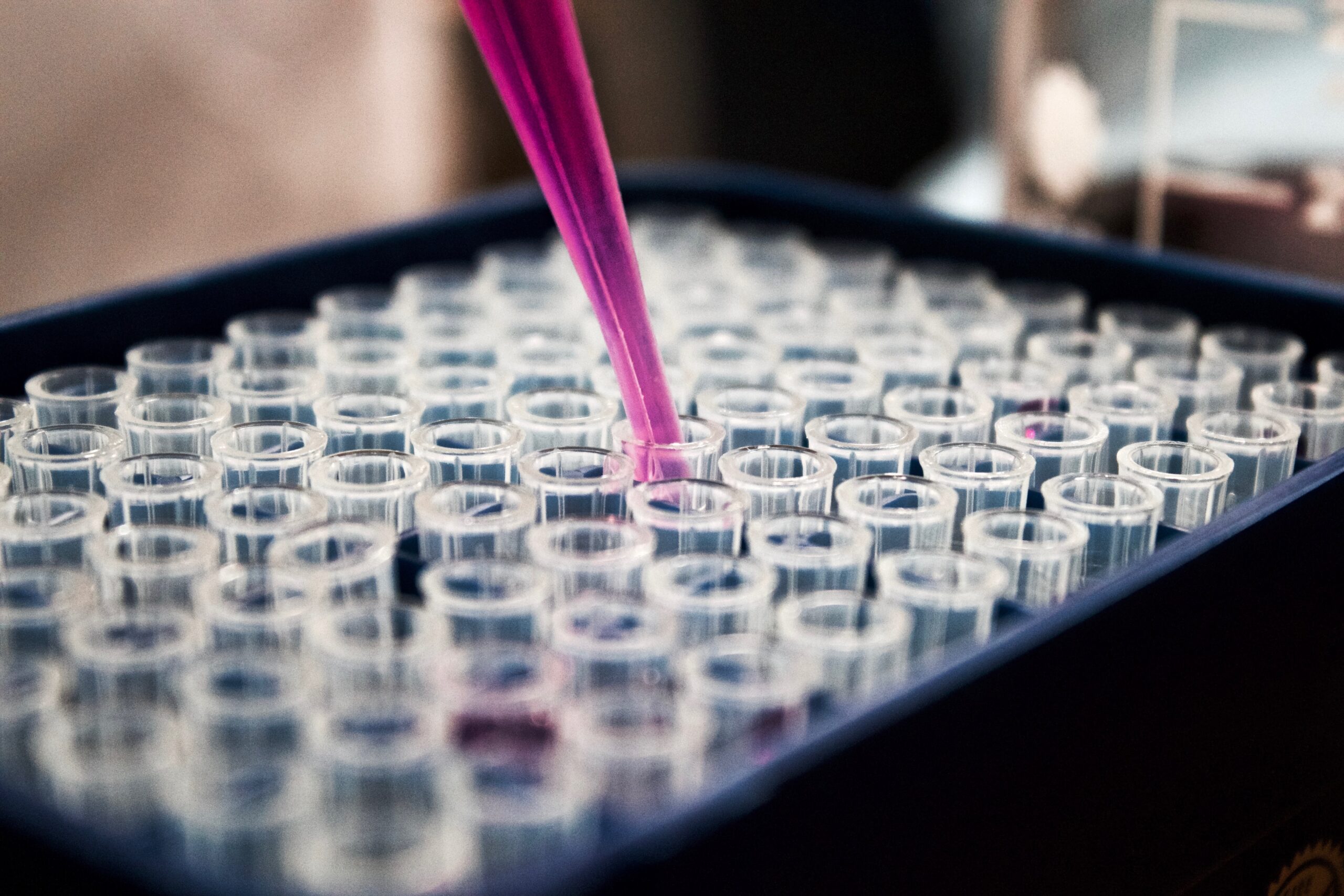 Qualitative Controls
Qualitative Controls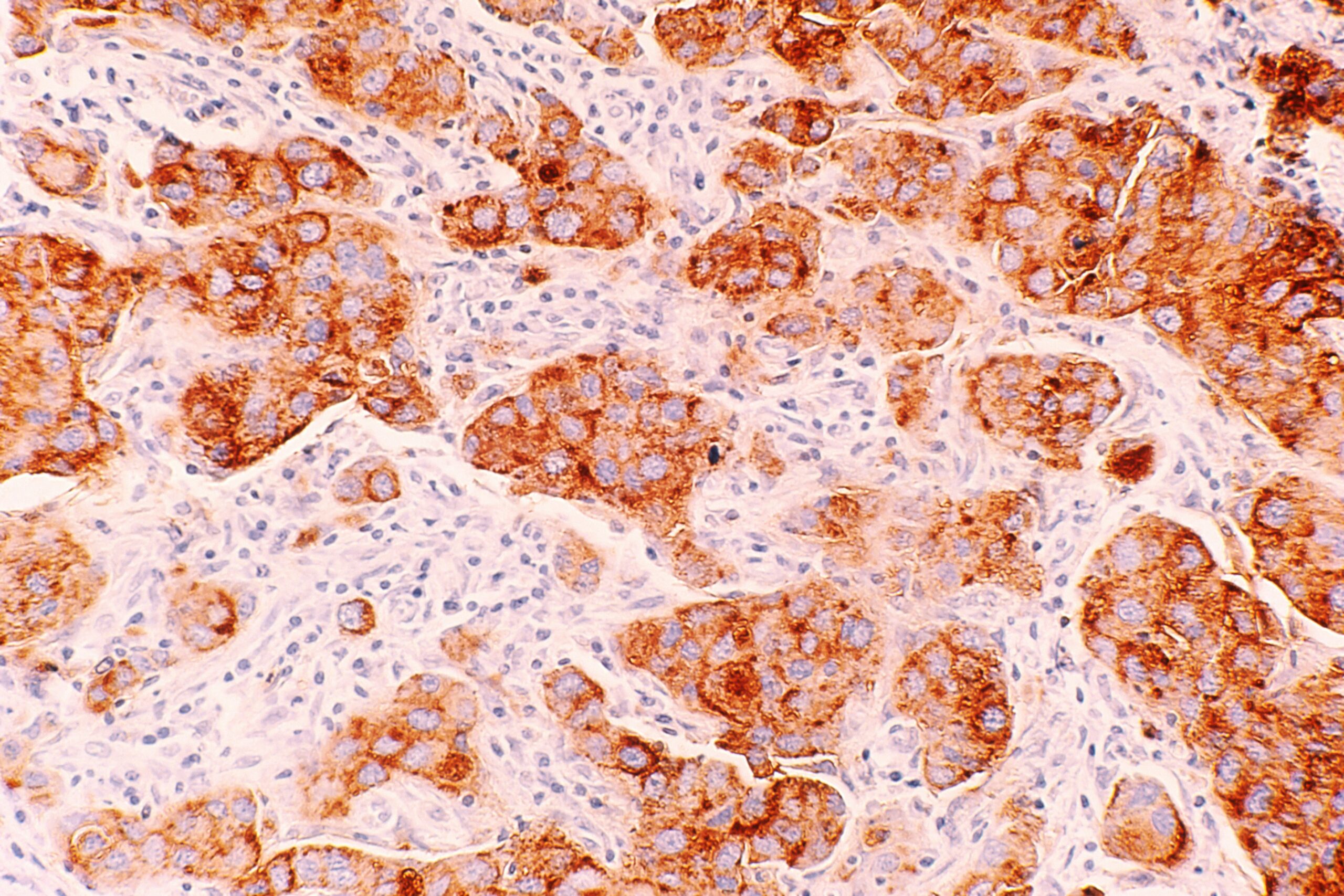 Tumor Marker
Tumor Marker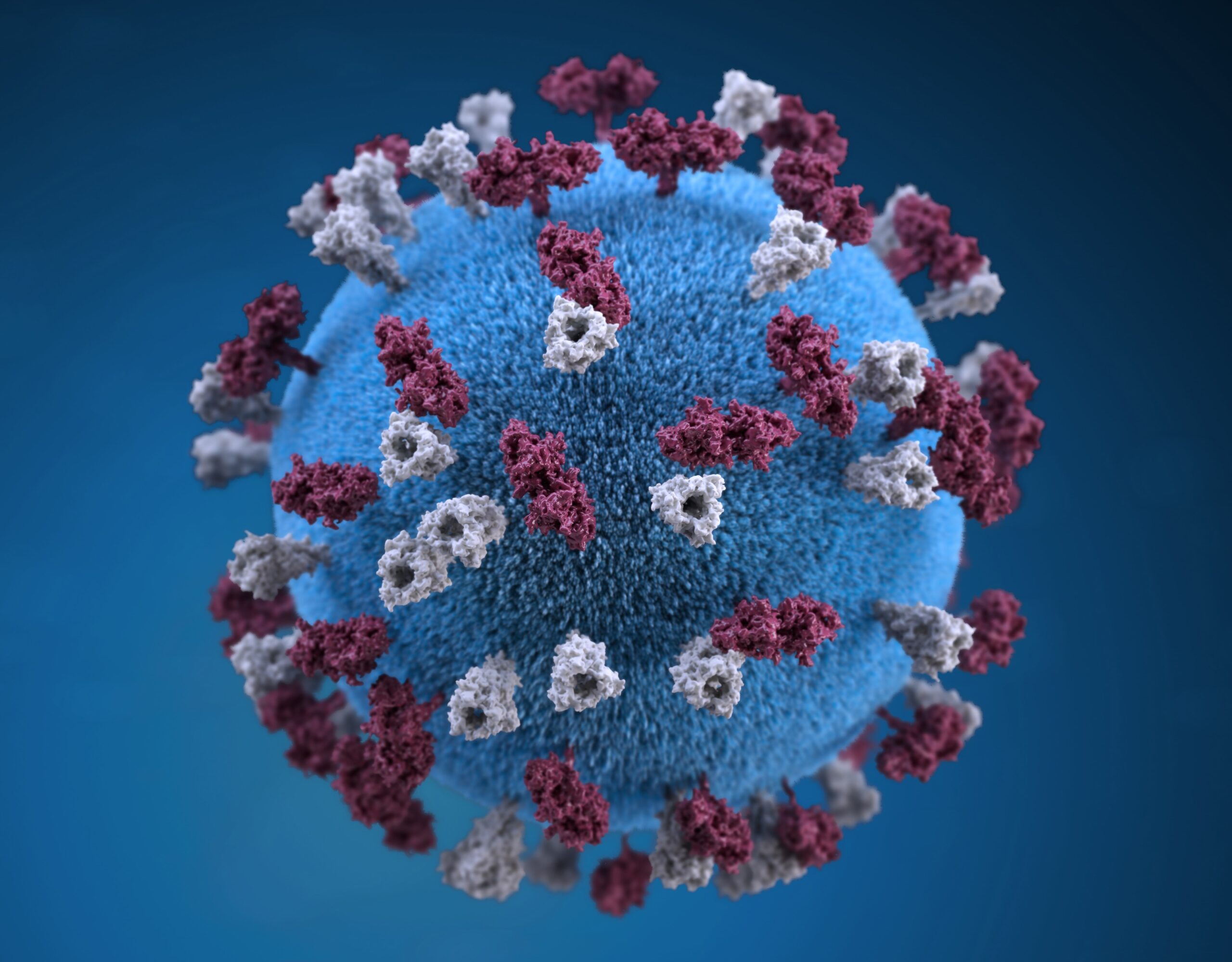 Viruses
Viruses
